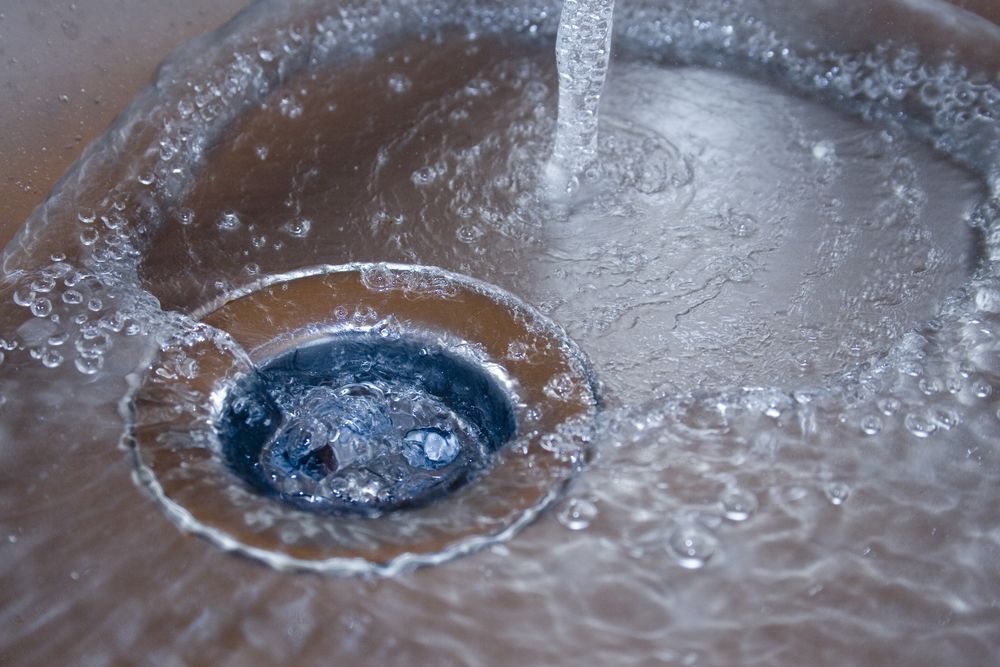
22 Jul Chemical obstructions, when are they appropriate?
There are still debates today about the suitability of chemical occlusion methods according to Αποφράξεις Πειραιάς. Some experts argue that mechanical blockage methods, i.e. blockages made using mechanical tools such as a suction cup or hydraulic snake, are always preferable to chemical ones. But when used with care and judiciousness, chemical clogging methods can be just as effective especially on mild clogs. Not all cases of clogging are for Chemical Obstruction.
Drain unclogging with chemicals
The choice of the most suitable occlusion method depends on the type and extent of the blockage. It is important to remember this before you decide to do a blockage yourself. Most experienced professionals can list dozens of possible causes of a clog in a piping system.
Hair cannot be decomposed by chemicals
Thus, chemical blocking methods can only work effectively against some of these causes. For example, it is almost impossible for a chemical cleaner to unclog a drain clog caused by hair or entire tufts of hair.
This is because the object that clogged your pipe (and that the chemical cleaner is supposed to be trying to break up) is likely to be in that category of objects that cannot decompose (like hair).
Thus, to “chemically” attack such materials will not only have no success but will probably make the blockage worse, as the mass blocking your pipe becomes, under the influence of the chemicals, larger, fixed at the point that while possibly becoming much more compact.
Narrow pipes
Another case where chemical unclogging methods can cause more problems than they solve is when your pipes are already narrowed due to a long-term build-up of debris, scale and various other substances.
A chemical clogging product has the potential to cause further diameter reduction in the pipes of a sewer, as it is likely to settle on their already narrow walls and, since the flow within the pipes is already slow and reduced, cause a more general blockage that will it is more difficult and time-consuming to fix.
It is therefore necessary to make sure that the type and extent of the damage is such that the chemical clog will be able to deal with it, because otherwise, you may end up with more problems than a simple blockage of a pipe.
So, if your sink or sink is clogged, try simple “home” solutions (like dish soap with hot water), then move on to mechanical solutions, and as a last resort, leave any chemical clogs.
Great care in the use of chemicals
Finally, it is important to mention that chemical occlusion products are made up of strong chemicals that can cause burns and even permanent eye damage! For this reason:
Never try clogging with tools if you have tried chemical clogging first, as even just a few drops of water with chemical residue can cause burns and damage to your body,
Do not use different types of chemicals as they can interact and release toxic even deadly fumes
Do not unclog completely clogged pipes with chemicals.
It’s always best when you’re not sure to call a professional clog to save yourself trouble and money.
Possible signs of a clogged drain
In most cases, just before the drain gets clogged, it gives us some specific signs. Sometimes they are intense and other times we need to pay more attention. These signs are specific.
First of all, we will tell you all the bad smells that can come from siphons or wells. Another sign that something is wrong with the drainage is the slow draining of water inside the sanitary ware. In addition, when the water returns instead of leaving inside the siphon. In this case the water can be accompanied by bits of material stuck in the pipe such as soap bits, decaying hair and even dirt from the basin.
Similar signs can be detected when the clog comes from the kitchen. In addition, the same applies to the toilet bowl. If, every time you flush, the waste water does not flow easily to the drain or the water level rises, then again there is a problem with the drain. Finally, and overflow in wells, siphons and gutters can be considered possible signs of a clogged drain.
What can clog a drain?
The drain of a house or shop is usually clogged by the various objects that end up every day in its pipes. These objects vary and are not always the same. Some such items are food scraps, soaps, oils and fats, toothpaste, cosmetics, hair or pet hair, and various types of paper. In addition, lint that escapes from fabrics as they are washed in the washing machine can often be responsible for your drain problem. Finally, it is not a rare phenomenon that the drain is blocked because soil, roots, leaves or even building materials have entered the systems that make it up.

No Comments